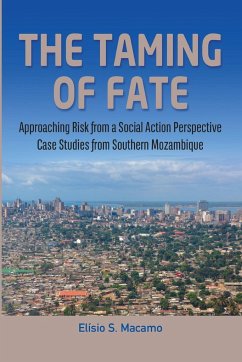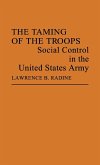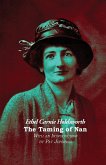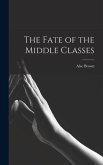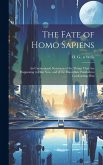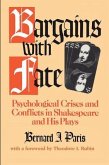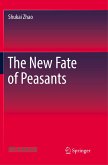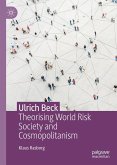This book is about how extreme situations appearing to have a destructive potential can actually be used to produce meaningful individual and social lives. It is about the "taming of fate". This notion means and accounts for the ability of individuals and communities to rebuild their lives against all odds. The book is based on case-studies that draw from theoretical insights derived from the sociology of disasters. It addresses some limitations of the sociology of risk, chief among which is the rejection of the relevance of the notion of risk to the study of technologically non-advanced societies. The book argues that this rejection has deprived the study of the human condition of an important analytical asset. The book claims that risk is a property of social action which can best be understood through the analytical scrutiny of its role in the historical constitution of social relations.
Hinweis: Dieser Artikel kann nur an eine deutsche Lieferadresse ausgeliefert werden.
Hinweis: Dieser Artikel kann nur an eine deutsche Lieferadresse ausgeliefert werden.

